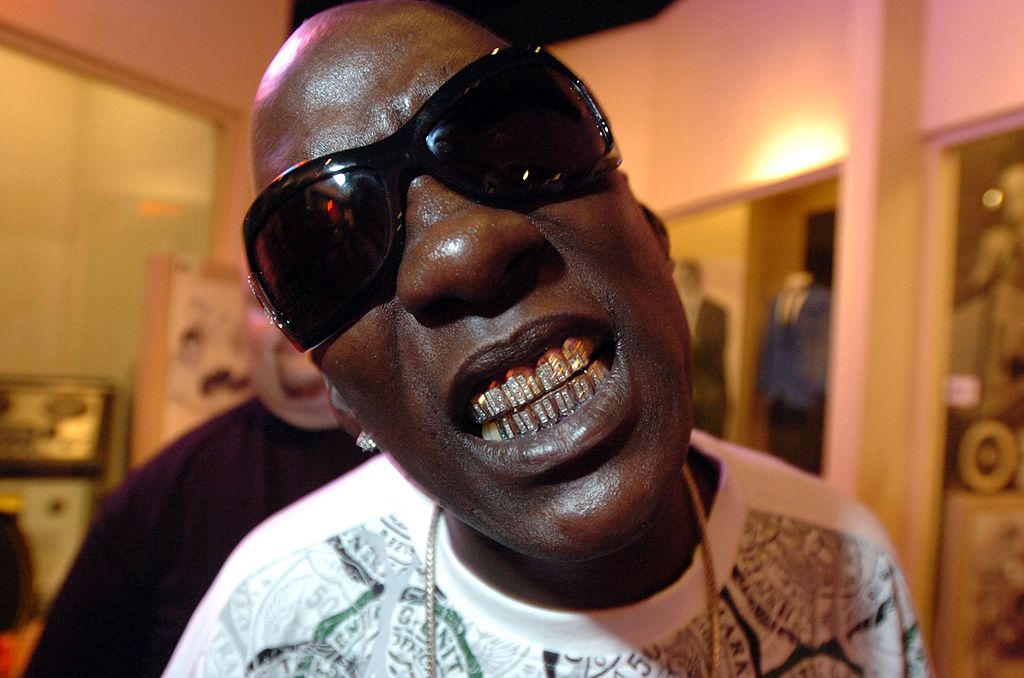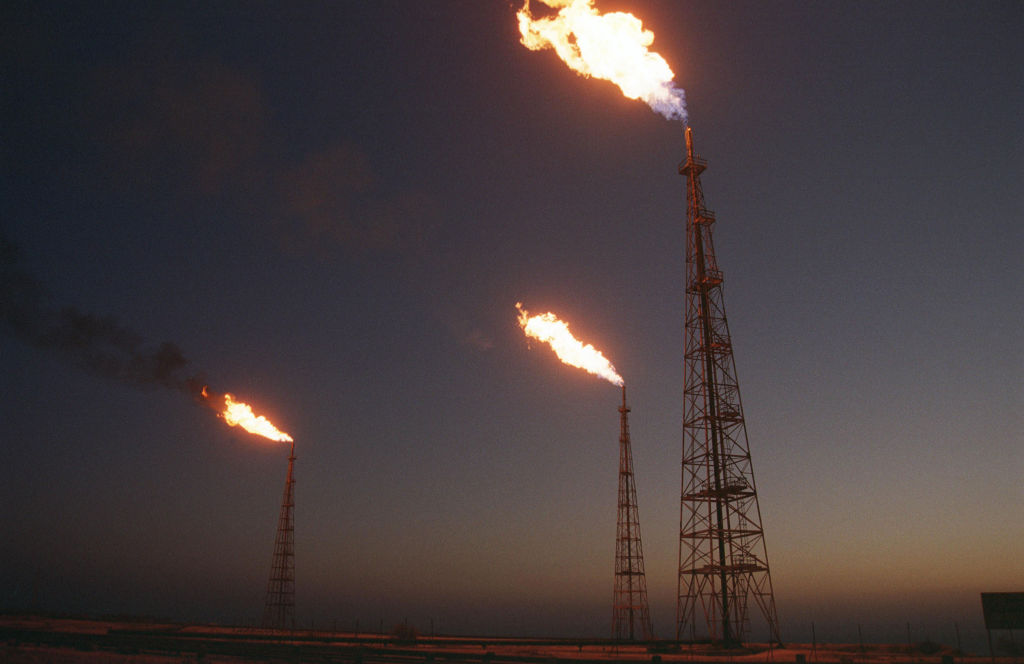If you fear that Trump, Orbán, and others are the greatest threat to a liberal world order, maybe you should consider going beyond a purely Western viewpoint. Liberal values are globally in retreat and have been before the so-called “far-right” started to make gains in the US and Europe.
It appears that Liberalism has run out of steam, and if its advocates don’t come up with something soon, then feminism, LGBTQ rights, and multiculturalism were just an intermission of modernity. Certainly, their worldview still dominates the cultural and educational institutions in most Western countries but given the recent shift to the right by Gen Z, even that dominance has an expiration date. And that is no surprise: both locally and globally, the groups that are supposed to be most protected by the ideology of liberalism, increasingly find themselves left alone. I am not just talking about the issue of biological males in women’s sports or other issues that catch the attention of Western media, but about how a growing part of the non-Western world is turning its back on liberal ideas.
Let’s start with the future of women. According to the UN, there are 117 million women “missing” worldwide, who have either been neglected to the point of fatal consequences after their birth or aborted before birth. You don’t have to be an evangelical anti-abortion fanatic to see that outside the Western cultural sphere, abortion is at least a double-edged sword for women. In China alone, more than nine million girls were officially aborted between 2000 and 2014, largely because male offspring is preferred, and abortion is a way to continue trying until a male heir is conceived, while literally discarding potential daughters. Similar trends can be seen in India and large parts of the Middle East, where in the coming decades there will be an average of 110 boys for every 100 girls—in some regions of China even up to 150 boys per girl. Demographer Nicholas Eberstadt also noted that sex-selective abortions occur more frequently in regions with higher income and educational attainment. He describes this as “the global war against baby girls”, and contrary to the often fictional “war on women” supposedly wage by people like Mitt Romney or Friedrich Merz, this war is real – and its consequences will be felt for decades to come.
Even if this problem were to disappear overnight, the unbalanced gender ratio will not lead to global empowerment of women. Women are mostly victims of sex slavery and human trafficking, partly driven by “demand”. By 2020, there will be 30 million more men than women of marriageable age in China alone. Already, according to estimates by “Free the Slaves,” more than 27 million people live in slave-like conditions—with current trends, this will worsen, especially for women. These problems are especially pronounced in areas that have limited or no access to reliable energy. In the modern world, there is a direct correlation between access to electricity (or the lack thereof) and contemporary forms of slavery, as demonstrated in this study by Robert Bryce. The tragic irony here is that often this lack of energy is the direct consequence of supposedly “liberal” environmentalist polices that deny countries the use of nuclear of fossil fuel powered electricity.
Optimists claim that with the increasing secularization and rationalization of the world, these partly culturally-religiously driven phenomena will diminish. But is the world actually becoming more secular? According to the PEW Research Centre, the world’s population will increase by 32 per cent by 2060. However, this population growth will primarily be driven by the openly religious regions of the world: Christianity will grow by 34 per cent, Hinduism by 27 per cent, and Judaism by 15 per cent.
The largest world religion, however, will be Islam, which will grow by 70 per cent. Atheists and agnostics stand at a meagre three per cent increase and are far from becoming the driving global force. There is still a lot of time until 2060, and the hope is that all religions will follow the path of European Christianity: nominally Catholic or Protestant, but with little influence on daily life beyond holidays. This hope, however, is deceptive. As religious scholar Gilles Kepel pointed out back in 1991, we are currently experiencing “The Revenge of God” (the title of his then-published book). From evangelical Protestantism in Latin America to conservative Catholicism in large parts of Africa to religious-political Islam, dogmatic rather than pragmatic religious communities are experiencing the greatest growth. Once again, China stands at the forefront, possessing the world’s fastest-growing Christian community, supported by the prosperous middle class. As David Aikman notes simply in his book “Jesus in Beijing,” China is on its way to becoming the largest Christian nation in the world. It is difficult to understand why this transformation and its possible consequences are almost completely ignored in the West.
But it is not just religion that is experiencing a resurgence; nationalism in all its forms is also on the rise. Whether from the right (Trump in the USA) or the left (such as former Mexican President Andres Manuel Obrador), with the strengthening of these new-old identities, minorities are increasingly under pressure. Even the supposedly progressive Obrador included the ultra-religious PES party in his electoral platform, which is not a good omen for the LGBTQ community in Mexico. In Africa, homosexuality is still criminalized in 33 out of 55 countries, and according to Amnesty International, the climate is once again deteriorating. The trend is also noticeable in Asia, where Human Rights Watch has identified an anti-gay panic in Indonesia that could soon be reflected in laws.
Western countries stand out as literal islands of the blessed, as despite all accusations of homophobia, Islamophobia, and misogyny, secular liberalism allows minorities to live safely. But can this liberalism survive? In recent years, especially with the migration crisis, one thing has become clear: instead of exporting liberal values, increasingly intolerant values are being imported. The world, contrary to the high hopes of the early 90s, is turning its back on liberalism at a rapid pace.






Environmentalists hate Western civilisation, so they hate the achievements of Jews